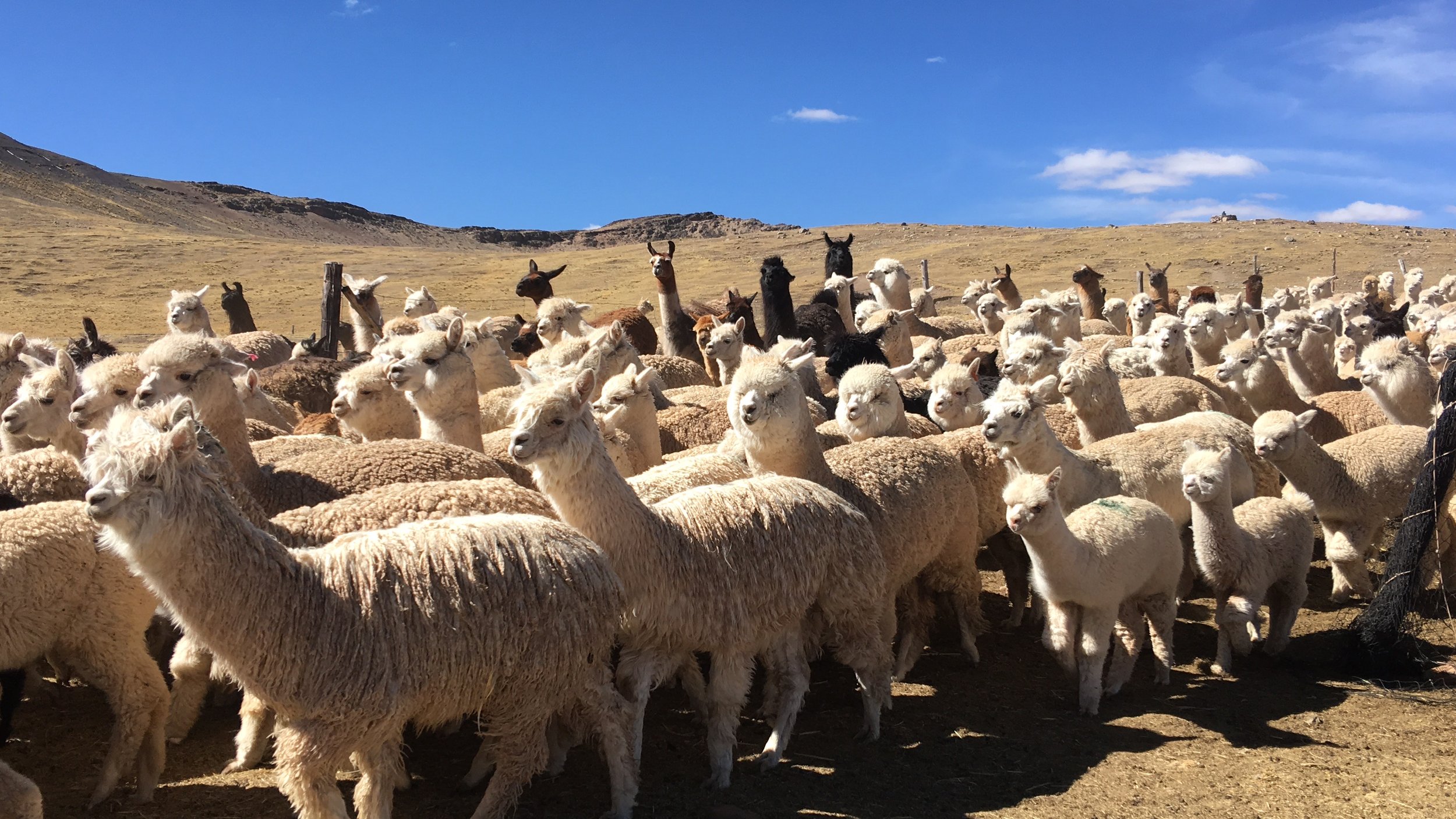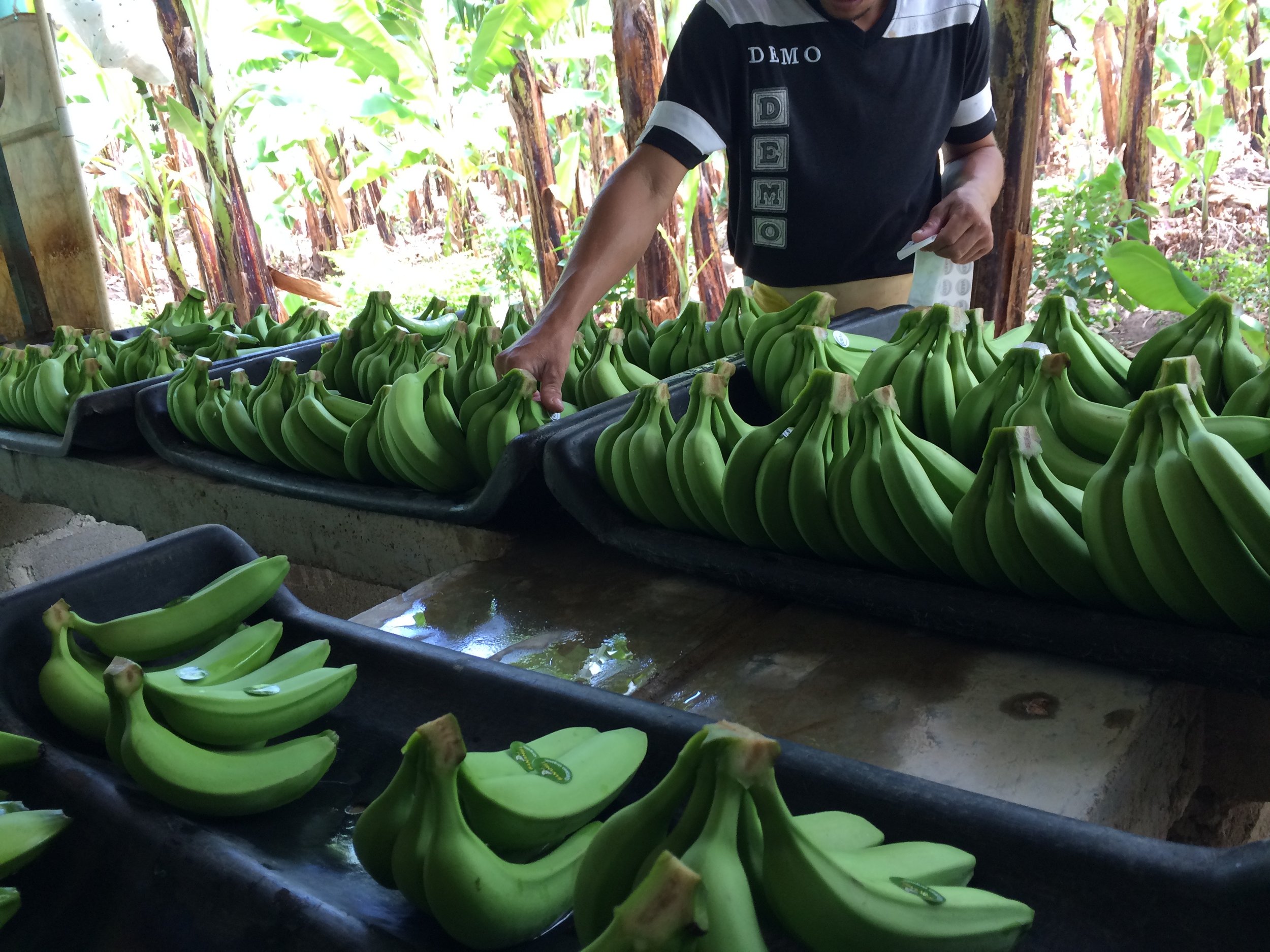
Impact Areas
-

Financial Inclusion
Investments in this sector focus on financial inclusion for people and businesses that have not traditionally had access to mainstream financial markets.
This target market is often the unbanked client (working poor) or missing middle enterprise (businesses too big for micro finance but too small for traditional banks).
Financial institutions can be either regulated or non-regulated but focus on the working poor and SMEs.
This can be achieved through product offerings such as micro-finance, SME finance, housing finance, factoring, leasing, renting, and payroll lending.
-

Food Security
According to the United Nations’ Committee on World Food Security, food security means that all people, at all times, have physical, social, and economic access to sufficient, safe, and nutritious food that meets their food preferences and dietary needs for an active and healthy life.
IFPRI stated that over the coming decades, a changing climate, growing global population, rising food prices, and environmental stressors will have significant yet uncertain impacts on food security.
Tuluni International believes that it needs to combine sustainable agriculture investments with climate finance to have the most impact in making the world a better place to live.
-

Climate Change
Climate change poses one of the biggest risks to our society. In the financial sector, we can do our part by investing in green finance. The goal of green finance is to invest for environmental benefits. This includes using resources such as air, water, and land wisely (conservation) and focusing on a switch to renewable resources such as solar, hydro, and wind power.
According to Sustainalytics, sustainable finance and ESG are expected to reach $50 trillion by 2025. By focusing on the green economy we can improve life on land and save the earth.
